About The Author
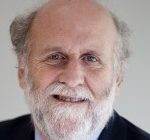
Daniel L. Schacter
Dr. Daniel L. Schacter is a Professor of Psychology at Harvard University. Dr. Schacter earned his B.A. degree from the University of North Carolina at Chapel Hill in 1974 and got his Ph.D. from the University of Toronto in 1981. He then served as director of the Unit for Memory Disorders at the University of Toronto for the next 6 years. Daniel joined the psychology department at the University of Arizona in 1987 as an Associate Professor. In 1991, he was appointed Professor at Harvard University and served as Chair of the department from 1995-2005.
Many of Schacter’s ideas and findings are summarized in his book, Searching for Memory, and The Seven Sins of Memory, both named as New Times Notable Books of the Year, and winners of the APA’s William James Book Award. More recently, he has co-authored an introductory textbook, Psychology (5th edition) with Daniel T. Gilbert and Daniel M. Wegner.

Daniel M. Wegner
Dr. Daniel M. Wegner (late) was a Professor of Psychology at Harvard University and the recipient of the 2011 William James Fellow Award of the Association for Psychological Science, the 2011 Distinguished Scientific Contribution Award of the American Psychological Association, and the 2011 Distinguished Scientist Award of the Experimental Social Psychology. He passed away in July 2013.

Daniel T. Gilbert
Dr. Daniel Gilbert is an Edgar Pierce Professor of Psychology at Harvard University. After attending the Community College of Denver and earning his B.A. from the University of Colorado, Dan went on to get his Ph.D. from Princeton University. He taught at the University of Texas, Austin, and in 1996, joined the faculty of Harvard University.
Dr. Gilbert has received the Diener Award for Outstanding Contributions to Social Psychology, the American Psychological Association's Distinguished Scientific Award for an Early Career Contribution to Psychology, and has won teaching awards that include the Phi Beta Kappa Teaching Prize and the Harvard College Professorship. Dan's research focuses on how and how well people think about their emotional reactions to future events. He is the author of the international bestseller Stumbling on Happiness, which won the Royal Society's General Prize for best popular science book of the year, and he is the co-writer and host of the famous PBS television series, This Emotional Life.
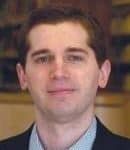
Matthew K. Nock
Dr. Matthew Nock was born and raised in New Jersey. He received his BA from Boston University (1995), followed by two masters (2000, 2001) and a PhD from Yale University (2003). Matt also completed a clinical internship at Bellevue Hospital and the New York University Child Study Center (2003). Dr. Nock joined the faculty of Harvard University in 2003 and has been there ever since, currently serving as a Professor in the Department of Psychology. While an undergraduate student, Matt became very interested in the question of why people do things to intentionally harm themselves and he has been conducting research aimed at answering this question ever since. Matthew's research is multidisciplinary in nature and uses a range of methodological approaches (e.g., laboratory-based experiments, epidemiologic surveys, and clinic-based studies) to better understand how these behaviors develop, how to prevent their occurrence and how to predict them. Matt's work is funded by research grants from the Department of Defense, National Institutes of Health, and several private foundations. Matt’s research has been published in over hundred scientific papers and textbook chapters and has been recognized through the receipt of awards from the Association for Behavioral and Cognitive Therapies, American Psychological Association, and the American Association of Suicidology. In 2011 he received a MacArthur Fellowship (aka, “Genius Grant”) in recognition of his research on self-harm and suicide. At Harvard, Dr. Nock teaches courses on various topics including statistics, research methods, psychopathology, and cultural diversity. He has received numerous teaching and mentoring awards including the Petra Shattuck Prize and the Roslyn Abramson Teaching Award.
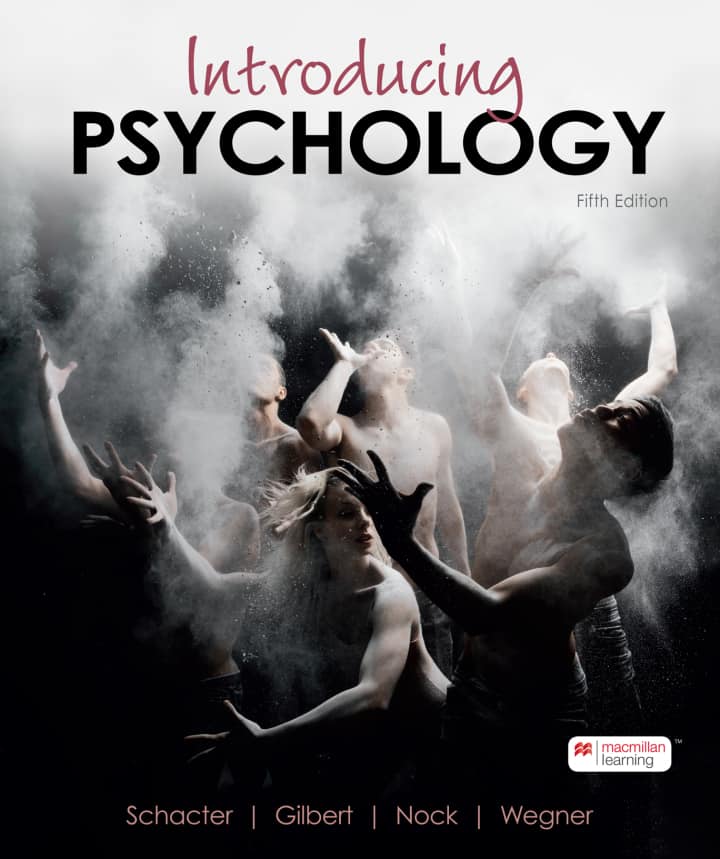






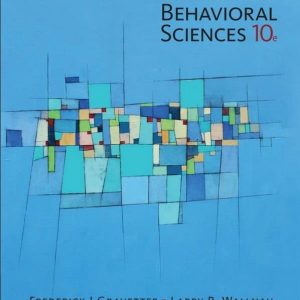
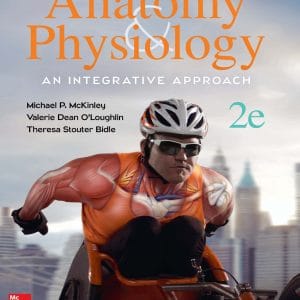
Reviews
There are no reviews yet.